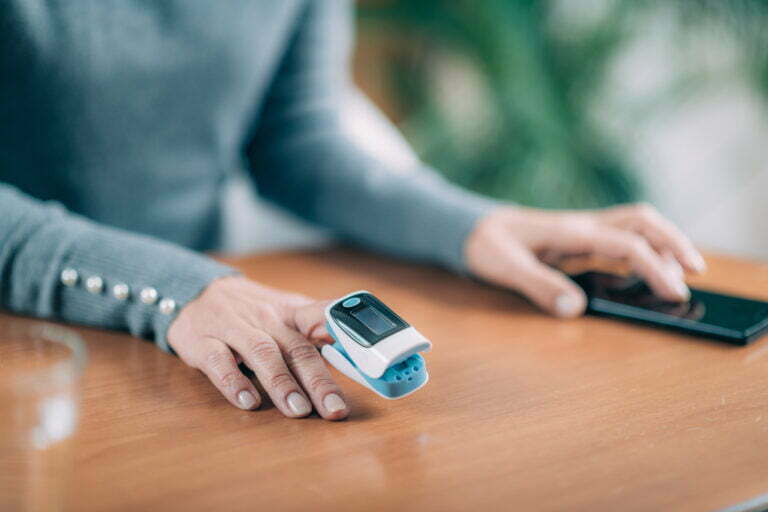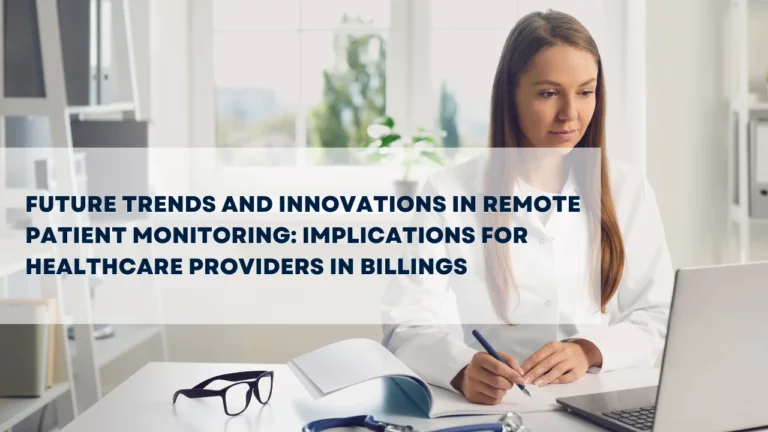Artificial Intelligence (AI) has demonstrated a positive impact on productivity and growth in a variety of industries, including manufacturing, automotive, retail, and e-commerce. It can significantly improve the efficiency of operations by analyzing large amounts of data and vastly improving the decision-making process. AI can also be extremely beneficial in facilitating the integration of care required to manage chronic conditions.
Managing chronic diseases has long been recognized as a challenge for both patients and healthcare providers worldwide. Chronic condition management requires not only meeting the clinical needs of the patient, but also ensuring their comfort while living with the disease. This requires a collaborative effort between the patient and physician to collect data, monitor, and understand the disease on a continuous basis. Before we tackle how Artificial Intelligence (AI) plays a huge role in making this process a lot easier, let us take a look at the global burden of chronic conditions:
- Chronic diseases are among the most widespread and costly health problems worldwide.
- According to the World Health Organization (WHO), chronic diseases are directly responsible for more than 90% of morbidity and mortality rates in high- and middle-income countries.
- According to the US Centers for Disease Control and Prevention, chronic conditions such as heart disease, asthma, arthritis, diabetes, and chronic obstructive pulmonary disease (COPD) affect about half of all adults.
- Due to the permanent nature of chronic conditions, they place a strain on treatment costs. The United States claims to spend approximately $3.5 trillion on these conditions alone, which is approximately 75% of the nation’s annual healthcare spending.
With these urgent global economic and health threats, technology experts are now pursuing novel approaches to integrate health and wellness into Internet of Things (IoT) and Artificial Intelligence (AI). While nothing can completely replace clinician judgment in patient care, new data-driven technologies such as AI are advancing the delivery of the right care to the right patient at the right time.
Healthcare Operational Shifts Driven by Advanced Technology
Digitalized healthcare systems and virtual care models are built on the backbone of data analytics, cloud computing, and big data. With the advancement and affordability of intelligent technologies, chronic disease management could be equipped with necessary tools and training for patients to promote active self-care, leading to better health outcomes.
Modes of operation in healthcare systems have shifted to suit the needs of patients with chronic diseases owing to the advancement of technology:
- Transition from physician’s full authority to a collaborative way of managing the disease: Traditional care relies on a model where the healthcare provider has full power over the treatment of the patient. The modern operational shift gives patients greater control and personalization over how they manage their condition.
- Transition from an episodic to a continuous monitoring cycle of the patient’s physiological data: Chronic conditions require continuous monitoring process. Owing to the advent of AI in healthcare and the fusion of sensors in medical devices, patients’ vital signs are measured continuously in real-time for an efficient health management.
- Transition from prioritizing volume to value of care: Treatments done in a massive way have shifted individualized treatment processes. Value is added to the patients’ care experience through the use of Connected Health Technology, telemedicine, and other advancements in healthcare. DrKumo, a leader of highly scalable remote patient monitoring (RPM), uses AI to analyze patient-generated health data being collected through sensor fusion-equipped medical devices. This innovative process makes chronic disease management more effective and seamless.
How AI-powered Remote Patient Monitoring Leverages Chronic Disease Management
Remote Patient Monitoring empowers patients with chronic conditions to correspond with healthcare providers from the comfort of their own home. This increases patient’s access to specialized care, while lowering or even eliminating travel costs.
Chronic disease management powered by AI/ML involves the following RPM processes:
- Internet of Medical Things (IoMT) devices like blood pressure monitor, pulse oximeter and smart watch are used to capture physiological data by the patient at home.
- Health data from multiple sources are transmitted to an Intelligent Cloud System (ICS) and combined to provide a holistic picture of the patient’s health.
- Through an integrated dashboard— usually available via mobile phone, computer or tablet— physician analyses the AI-generated data to detect the presence and progression of chronic disease.
- Physician works with the patient to manage their health.
DrKumo, a leader of Connected Health Technology, delivers all these steps to ensure that patients are monitored by their healthcare providers to reduce the chances of a lapse in treatment and hospital readmission rates.
How AI-powered RPM Supports Hospitals or Clinics with Thousands of Patients
According to a study, the majority of monitoring in hospitals and healthcare facilities remains basic and intermittent. Spot-checks, which require medical professionals to physically check on patient vitals, occur every four to eight hours. This results in patients being unmonitored for the majority of their hospital stay.
Chronic disease management is a usual lifelong process, mostly self-managed by the patient. Artificial Intelligence (AI) can help patients improve medicine adherence and continuous monitoring of their vital data using biometric devices at home. AI addresses the need of physicians to make efficient data-driven decisions by keeping track of thousands of patients at once and direct treatment to those who need it the most to avoid delays.
Each time a patient uses a medical device at home, the generated health data is automatically transmitted via the Intelligent Cloud System (ICS), and the results are immediately available on the fully integrated provider dashboard. AI and Machine Learning sort the data into multiple graphs and trends to aid providers in determining the efficacy of treatment and the need for early intervention. This streamlines the routine process of many hospitals and clinics, and allows physicians to grow their practice in a long run as they support many patients with advanced level of care.
Takeaway
While the entire healthcare systems continue to fight against COVID19 and comply with social distancing norms, it is important to acknowledge the impact of AI-driven remote patient monitoring (RPM) for chronic disease management, and continuously make use of it even during the post-pandemic era. The medical community are now able to improve patient health outcomes by unlocking the power of AI-generated data in providing actionable insights to guide clinical decisions to diagnose, treat and manage chronic conditions remotely.








